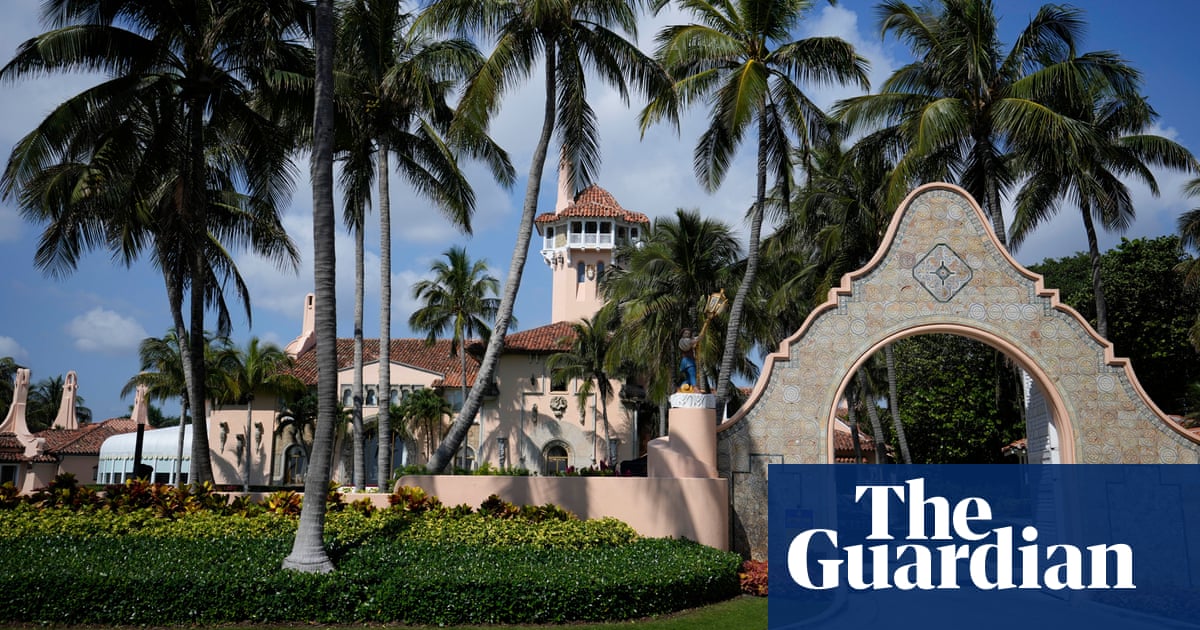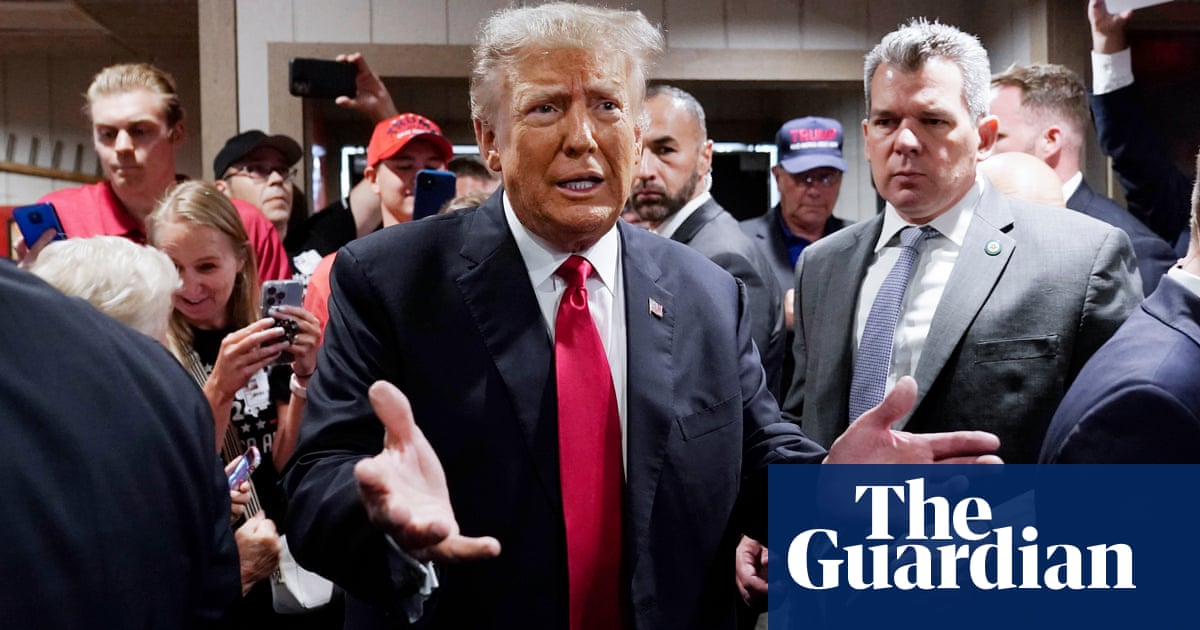
Donald Trump on Tuesday asked the US supreme court to partially reverse an appellate court decision that prevented the special master, reviewing for privilege protections materials seized by the FBI from his Mar-a-Lago resort in August, from examining 100 documents with classification markings.
The motion to vacate the ruling by the US appeals court for the 11th circuit represents the former president’s final chance to reinsert the 100 documents into the special master review – and potentially exclude some from the investigation into whether he illegally retained national defense information
In the emergency request, lawyers for Trump argued that the appellate court lacked jurisdiction to intervene in the lower district court decision that appointed a special master to review all seized documents – including those marked classified – for privilege protections.
The technical motion argued among other things that because the appointment of a special master was a procedural order and not an injunction, the decision by the trial judge in Florida was supposedly not subject to “interlocutory review” by the appellate court at that time.
“That appointment order is simply not appealable on an interlocutory basis,” the filing said. “Nevertheless, the 11th circuit granted a stay of the special master order, effectively compromising the integrity of the well-established policy against piecemeal appellate review.”
In the petition submitted to the supreme court justice Clarence Thomas, who receives 11th circuit appeals, Trump asked that the special master be allowed to review 100 documents marked classified in addition to 11,000 other documents about to be subject to the independent filter process.
The former president does not appear to be seeking to stop the Department of Justice (DoJ) from using the 100 documents in its criminal investigation, since Trump’s argument hinges on the Presidential Records Act, which does not account for whether documents are classified or declassified.
Trump will face significant challenges even if the supreme court hears the case, even though the bench is dominated by six conservative justices – three of whom he appointed – who have previously shown deference to executive-branch powers.
The argument appears flawed, legal experts said, since it would suggest that higher courts would have no ability to review an order from any federal judge to stop criminal and national security investigations.
Lawyers for Trump also contended that the seized materials could be marked classified for national security purposes and simultaneously be personal documents – a position the DoJ has previously said is impossible, with which the 11th circuit indicated it agreed.
The Trump motion was silent on whether Trump actually declassified any of the documents, as he has claimed publicly. It instead suggested the supreme court consider the case on the basis that Trump had the power to do so, and might have done so, without providing evidence.
The filing came two days into the new supreme court session, and after the DoJ asked the 11th circuit to fast-track its own appeal against the appointment of a special master, arguing that the process was impeding the criminal investigation.
The justice department, aiming to capitalize on the decision Trump has now appealed, contended the special master should never have been appointed because the US district court judge, Aileen Cannon, misapplied a four-part test that allowed her to exercise jurisdiction.
In the ruling that stopped the 100 documents from being reviewed by the special master, the 11th circuit agreed with the DoJ that Cannon was wrong on the first “Richey” test, regarding whether the government displayed “callous disregard” for Trump’s constitutional rights in seizing materials.
Cannon determined that Trump did not suffer callous disregard, and instead based her decision to grant a special master on the other tests. But the 11th circuit said Trump’s failure to satisfy the first callous-disregard standard alone was sufficient to dismiss his request.
“The absence of this ‘indispensa[ble]’ factor in the Richey analysis is reason enough to conclude that the district court abused its discretion in exercising equitable jurisdiction here,” ruled the three-judge panel on the 11th circuit that included two Trump appointees.
Though the appellate court was only narrowly deciding the question of whether the special master should examine the 100 documents in the review and whether the DoJ could regain access to them, the government argued the reasoning suggested there should be no special master.












